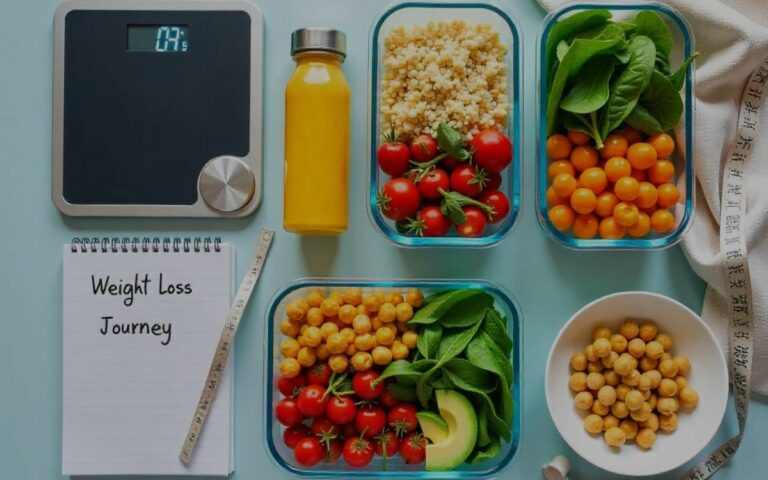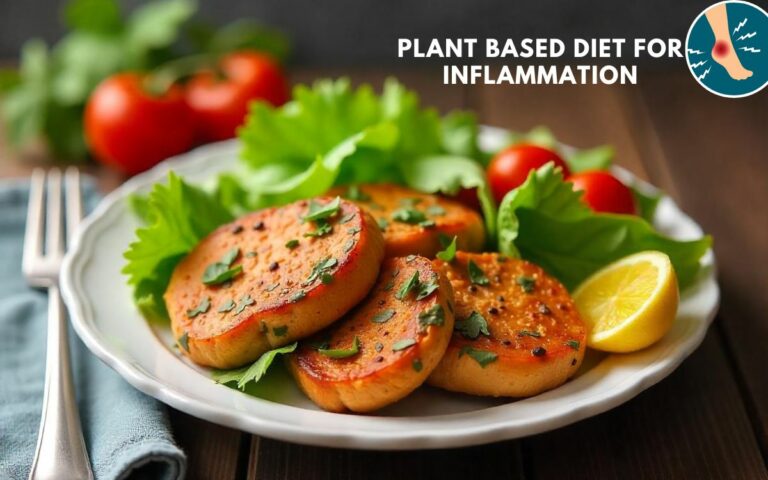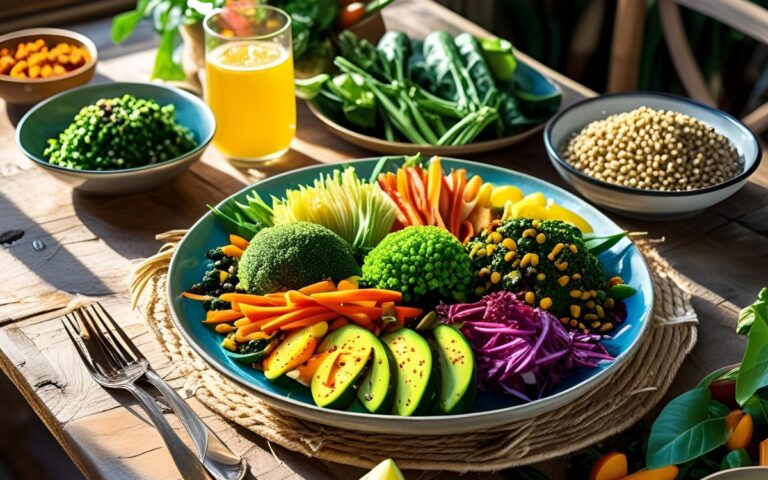Plant-Based Diet for Kidney Disease: Healing Naturally
A plant-based diet can benefit those with kidney disease. It emphasizes fruits, vegetables, and whole grains.
This approach may improve kidney health and manage symptoms. Kidney disease affects millions worldwide.
It impacts the body’s ability to filter waste and maintain balance. A plant-based diet can play a crucial role in managing this condition. It offers a low-protein, low-sodium option, which is gentle on the kidneys.
The diet also provides essential nutrients, fiber, and antioxidants. These elements help reduce inflammation and improve overall health.
Adopting a plant-based diet may slow the progression of kidney disease. It supports kidney function and promotes a healthier lifestyle.
This diet is not just a trend. It is a potential pathway to better kidney health and well-being.
Key Takeaways:
Expert Guidance:
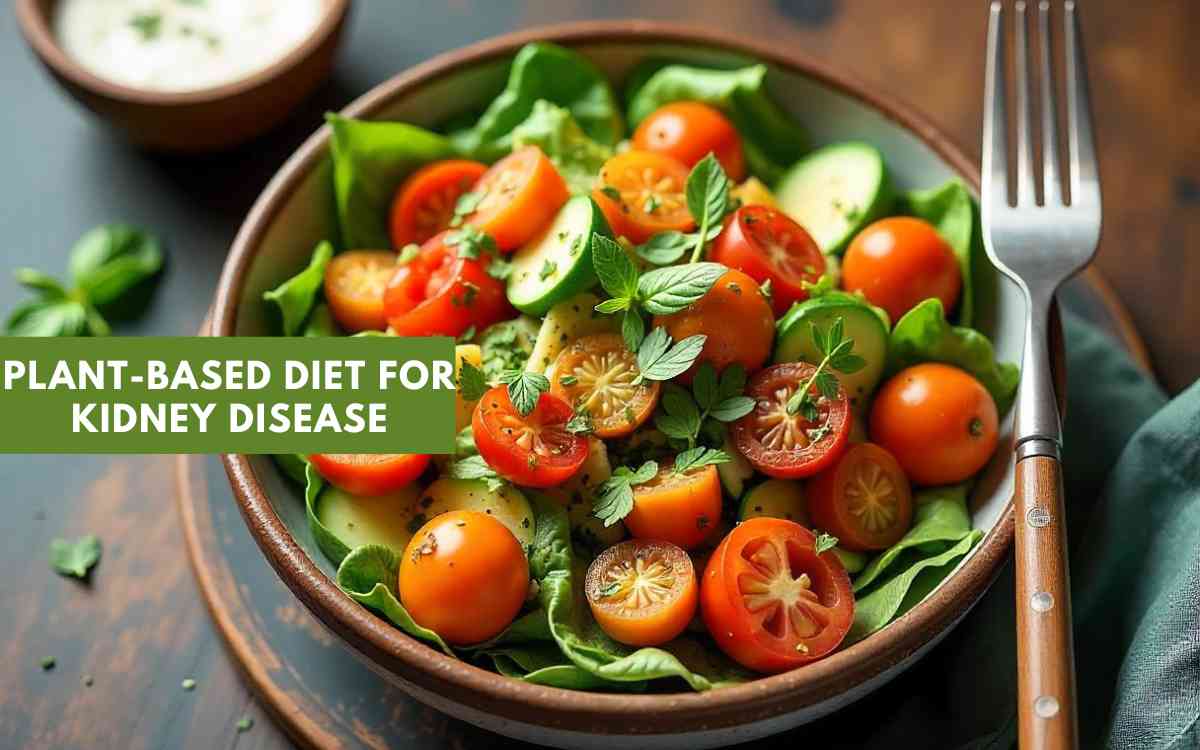
Benefits Of Plant-based Diet
A plant-based diet offers numerous advantages for kidney health. This dietary approach emphasizes whole foods, which can be beneficial for those with kidney disease.
By focusing on fruits, vegetables, grains, and legumes, individuals can support their kidney function and overall well-being. Let’s explore the specific benefits.
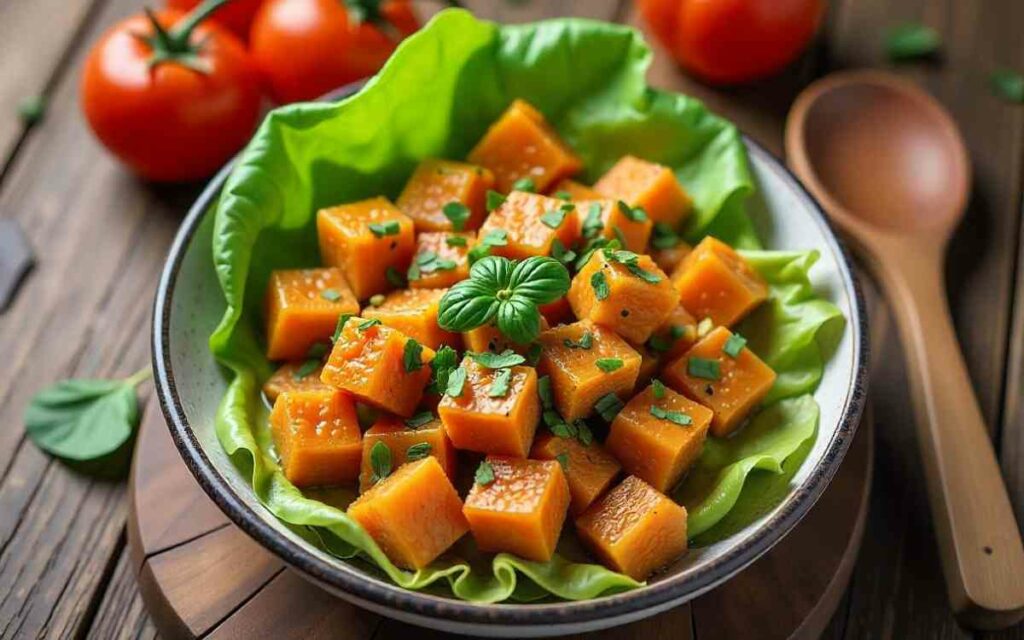
Nutrient-rich Foods
Plant-based diets are rich in essential nutrients. They provide vitamins, minerals, and antioxidants, all crucial for kidney health.
Consuming a variety of plants ensures balanced nutrition. This approach helps maintain healthy kidney function.
Foods like leafy greens, berries, and nuts are particularly beneficial. They offer vital nutrients without putting strain on the kidneys.
These foods are also lower in sodium, which is key for kidney disease management. A nutrient-rich diet aids in maintaining overall health.
Reduced Inflammation
Chronic inflammation is common in kidney disease. A plant-based diet helps reduce this inflammation.
Many plant foods have anti-inflammatory properties. Fruits, vegetables, and seeds can lower inflammation markers in the body.
Reducing inflammation supports kidney health and function. It also decreases the risk of other chronic diseases.
Incorporating more plants into your diet can lead to better kidney health outcomes. This dietary shift can be a simple yet effective strategy.
https://gigasecurehome.com/can-i-use-rechargeable-batteries-in-blink-camera
Key Nutrients For Kidney Health
Ensuring kidney health is crucial for overall well-being. A plant-based diet can offer significant benefits, particularly due to its nutrient-rich profile.
Understanding key nutrients can help manage kidney disease effectively. Let’s explore the essential nutrients that support kidney health.
Potassium And Phosphorus
Potassium helps regulate fluid balance in the body. It supports nerve function and muscle contractions.
Plant-based foods like bananas and sweet potatoes are rich in potassium. But moderation is key for those with kidney issues. Excess potassium can be harmful.
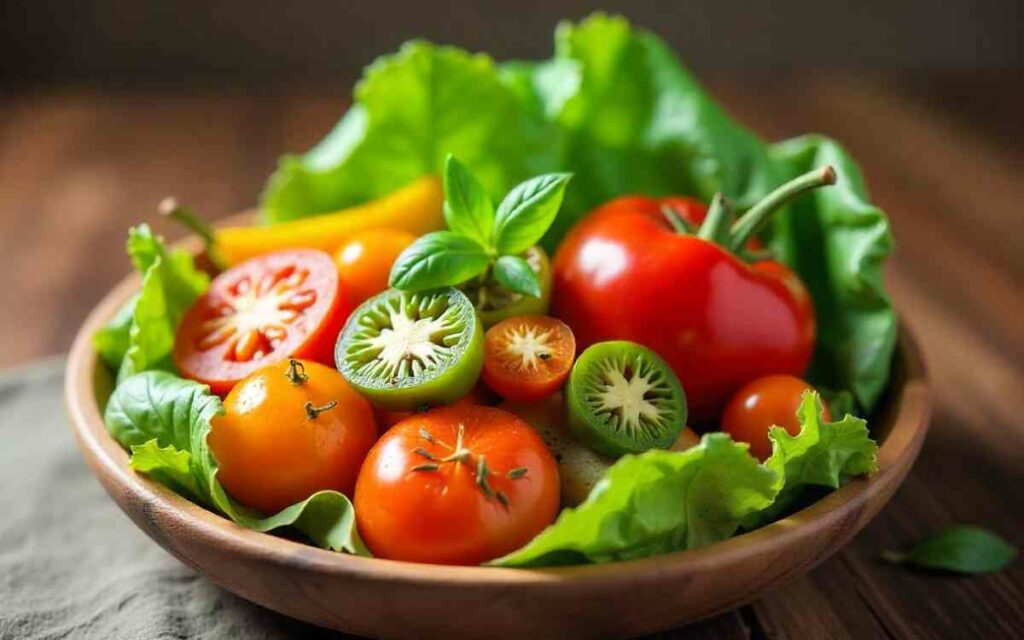
Phosphorus is vital for bone health and energy production. Kidney disease can affect the body’s ability to manage phosphorus.
Plant-based foods usually contain lower phosphorus levels. Beans and nuts are great sources but should be consumed carefully.
Antioxidants And Fiber
Antioxidants protect the cells from damage. They are abundant in fruits and vegetables.
Berries, spinach, and carrots are excellent choices. These foods contribute to kidney health by reducing oxidative stress.
Fiber plays a crucial role in digestion and blood sugar regulation. Whole grains and legumes provide ample fiber.
High fiber intake can help manage weight and control cholesterol. Both are important for kidney health.
https://gigasecurehome.com/is-blink-free-with-amazon-prime
Foods To Incorporate
Adopting a plant-based diet can be a proactive step in managing kidney disease. You might wonder which foods are beneficial for your kidneys. Let’s explore some nutritious options that can support kidney health.
Leafy Greens And Berries
Leafy greens like spinach and kale are not only vibrant but also loaded with essential nutrients.
They offer potassium and magnesium that help regulate blood pressure, a crucial factor in kidney health.
Adding these greens to your salads or smoothies can be a delicious way to enhance your diet.
Berries, such as blueberries and strawberries, are another powerhouse. They are rich in antioxidants and vitamin C, which can help reduce inflammation.

These fruits can be a sweet addition to your breakfast or snack routine. Imagine enjoying a bowl of fresh berries with your morning oatmeal!
Whole Grains And Legumes
Whole grains like quinoa and brown rice provide fiber and energy without the excess phosphorus found in refined grains.
They can be a hearty base for meals, offering nutrients that support kidney function. Try pairing them with roasted vegetables for a balanced meal.
Legumes, such as lentils and chickpeas, are protein-rich yet low in fat. They are versatile and can be used in soups, stews, or salads.
Have you tried making a chickpea curry or lentil soup? These dishes can be satisfying while being gentle on your kidneys.
Are you ready to make these dietary changes? Adjusting your meals with these foods can be both rewarding and beneficial for your kidney health. Which of these options are you excited to try first?
Foods To Avoid
Managing kidney disease requires careful attention to diet. A plant-based approach can offer several benefits.
Yet, knowing which foods to avoid is crucial. Some foods can worsen kidney health and should be limited or eliminated. Let’s explore these foods.
High-sodium Foods
Sodium can stress kidneys. It raises blood pressure and causes fluid retention. Processed snacks, canned soups, and salty condiments are high in sodium.
Fast food items often contain excessive amounts. Opt for fresh produce and cook at home. These choices help control sodium intake.
Processed And Refined Products
Processed foods often contain hidden phosphates. These can affect kidney function. White bread, sugary cereals, and instant noodles fall into this category.
Refined sugars and flours lack essential nutrients. They also spike blood sugar levels. Whole grains and natural sweeteners are better alternatives.
Meal Planning Tips
Creating a plant-based diet for kidney disease involves choosing low-potassium vegetables.
Focus on foods like bell peppers and cabbage. Limit high-sodium ingredients to protect kidney health.
Embarking on a plant-based diet for kidney disease requires thoughtful meal planning.
This approach not only supports kidney health but can also be delicious and satisfying.
How do you ensure you’re getting all the nutrients you need while keeping meals interesting and varied?
Let’s dive into practical meal planning tips to make your plant-based journey both healthy and enjoyable.
Balancing Nutrients
When planning meals, the balance of nutrients is crucial. Aim to include a variety of fruits, vegetables, and whole grains to meet your dietary needs.
A good rule of thumb is to fill half your plate with vegetables, a quarter with whole grains, and the remaining quarter with plant-based protein sources like beans or lentils.
Watch your potassium and phosphorus intake, as these can impact kidney health.
Choose lower-potassium options like apples, berries, and cauliflower. Don’t forget protein! Opt for tofu, chickpeas, or quinoa to keep your protein levels sufficient.
Creative Recipe Ideas
Tired of the same old salads? Spice things up with a chickpea and avocado wrap. For breakfast, try a quinoa porridge with almond milk and fresh berries.
It’s a tasty way to start your day packed with nutrients. Experiment with a hearty lentil soup or vegetable stir-fry for dinner.
These dishes are not only kidney-friendly but also full of flavor. Consider batch cooking to save time and reduce stress during the week.
Preparing meals in advance can help you stick to your dietary goals even on busy days.
Have you ever thought about how a small change in ingredients can transform a dish?
Using herbs and spices, like basil or cumin, can elevate your meals without adding extra sodium.
By creatively balancing nutrients and trying new recipes, you can enjoy a varied plant-based diet that supports your kidney health and keeps your taste buds happy. What’s your favorite plant-based dish that you’ve discovered on your journey?
Success Stories
Adopting a plant-based diet can be a life-changing decision, especially for individuals battling kidney disease.
Many have found relief and improved health through this dietary shift. These success stories not only highlight personal triumphs but also inspire others to consider this path. Could a plant-based diet be the key to better kidney health for you?
Personal Experiences
Emma, a 45-year-old teacher, faced declining kidney function. Her doctor recommended a plant-based diet.
She swapped meat for lentils and added more greens to her meals. Within months, her energy levels soared, and her kidney function improved.
Emma’s story is not unique. Many have shared similar experiences. A plant-based diet can help reduce the strain on your kidneys. Why not try incorporating more vegetables into your meals?
Research Findings
Research supports these personal stories. Studies show that plant-based diets may slow kidney disease progression. They are lower in phosphorous and protein, which are kinder to your kidneys.
One study found that participants on a plant-based diet had better kidney function than those on a traditional diet. This suggests that changing your diet could positively affect your kidney health.
These findings encourage further exploration of diet choices for those with kidney concerns.
Could a simple change in what you eat be the answer to managing your kidney disease?
Conclusion
A plant-based diet supports kidney health effectively. It offers many benefits. Lowering blood pressure.
Reducing cholesterol levels. Managing diabetes. These improvements can ease kidney strain.
Choosing whole foods is crucial. Fruits, vegetables, and grains. They provide essential nutrients. Consider talking to a doctor.
Tailor your diet to personal needs. Everyone’s body is unique. Listen to it. Make gradual changes.
Enjoy discovering new flavors. Eating well can be tasty. Stay informed and proactive. Your kidneys will thank you. Small steps lead to big gains.
Healthier choices make a difference. Start today. Your journey towards better health begins now.


